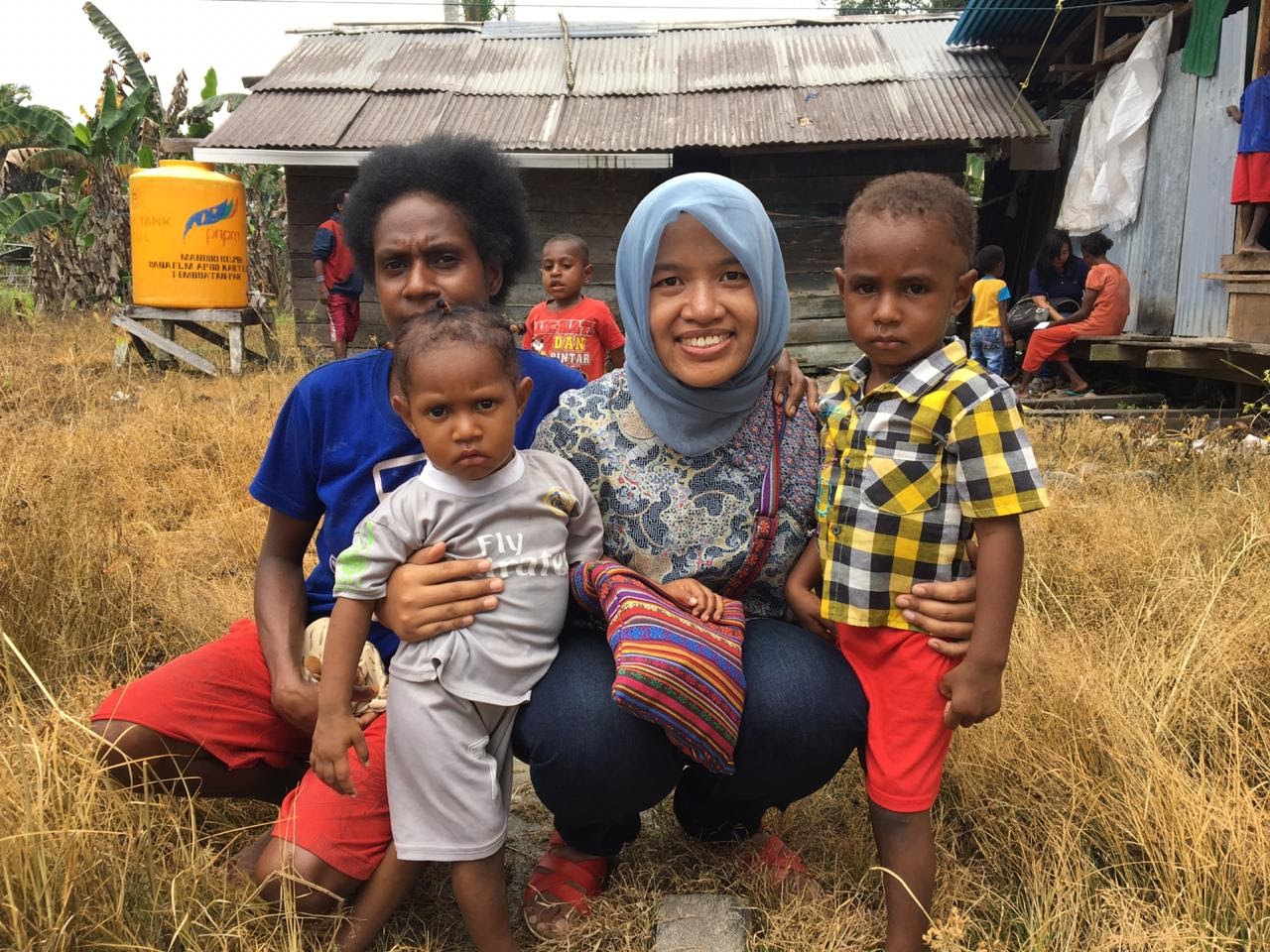News release
From:
New research shows health systems can cope better with unprecedented challenges like COVID-19, through sustained staff training and support.
Published recently in PLOS Global Public Health, this study led by Menzies School of Health Research delivers globally applicable findings for public health control strategies, by examining the impact of Tuberculosis (TB) in Papua, Indonesia.
Tracking changes from 2014-2021, revealed that activities implemented to strengthen TB services prior to COVID-19 increased the perseverance of the health system during the pandemic.
Study lead from Menzies, Dr Trisasi Lestari said that performance indicators of TB services, such as number of TB cases detected, were more resilient at the study site in Papua province during COVID-19, in comparison to the national average.
“Projects underway since 2017 to engage, train and motivate staff as well as community outreach initiatives were key to this health system resilience,” said Dr Lestari.
High COVID-19 case numbers had devastating impacts on TB care both in Indonesia and globally. This saw resources reallocated for COVID-19 testing, COVID-19 stigma increasing avoidance of health care and lockdowns reducing levels of TB testing.
“In terms of TB cases – this is one of the worst-affected parts of both Indonesia and the world. However, the dedication, skills and motivation of staff meant the worst impacts of the pandemic were able to be averted,” said Dr Lestari.
Co-author, Senior Clinical Research Fellow and Head of the Global and Tropical Health Division at Menzies, Professor Anna Ralph, highlights the importance of these strategies in tackling a highly prevalent infectious disease on Australia’s northern doorstep.
“Sharing knowledge about TB control strategies across international borders is critically important. Australian health care systems which are still suffering major impacts from the pandemic can learn so much from this type of implementation research,” said Prof. Ralph.
Professor of International Child Health at the University of Melbourne, Senior Principal Research Fellow from the Burnet Institute, and co-author on the study, Professor Stephen Graham also notes the global importance of these findings.
“Detailed data on the TB epidemic from Asia is highly informative for public health control strategies. This research highlights a huge burden, but also provides hope that better outcomes can be achieved through solutions focused on upskilling healthcare providers,” said Prof. Graham.
Funded by the Australian Government Department of Foreign Affairs and Trade, this project was implemented by Menzies in partnership with the Burnet Institute and the Mimika District Health Authority in Papua, Indonesia.
Read the full paper here: https://journals.plos.org/globalpublichealth/article?id=10.1371/journal.pgph.0001114



 Australia; Pacific; International; VIC; NT
Australia; Pacific; International; VIC; NT


